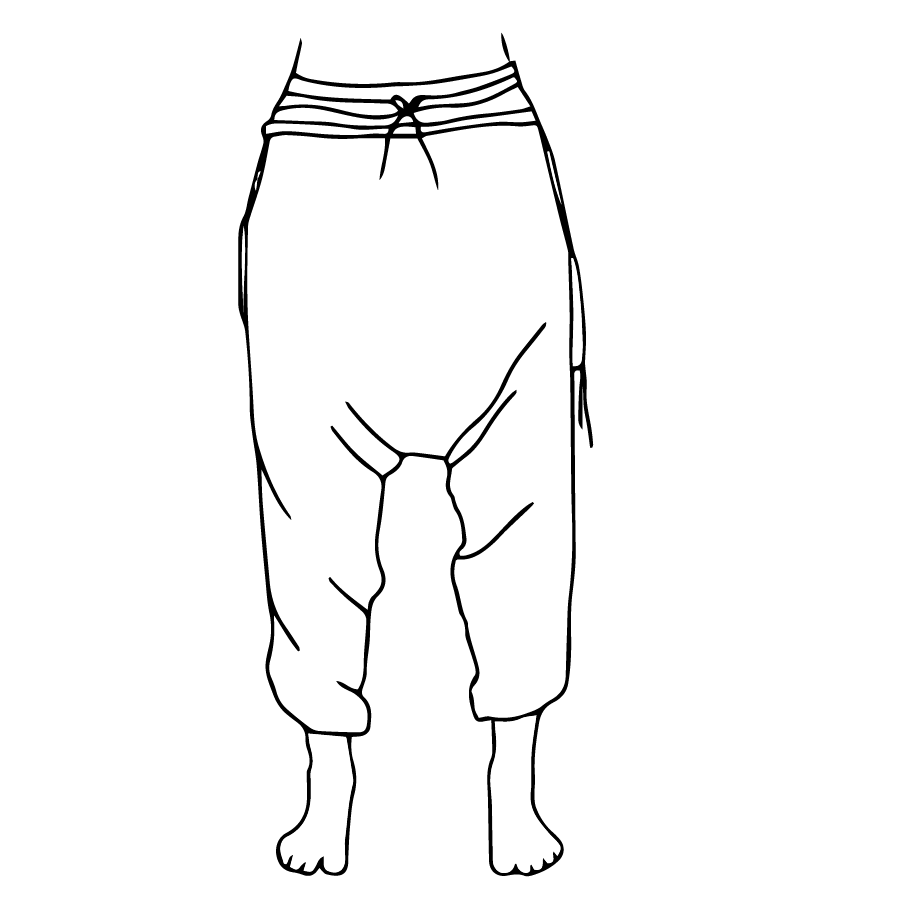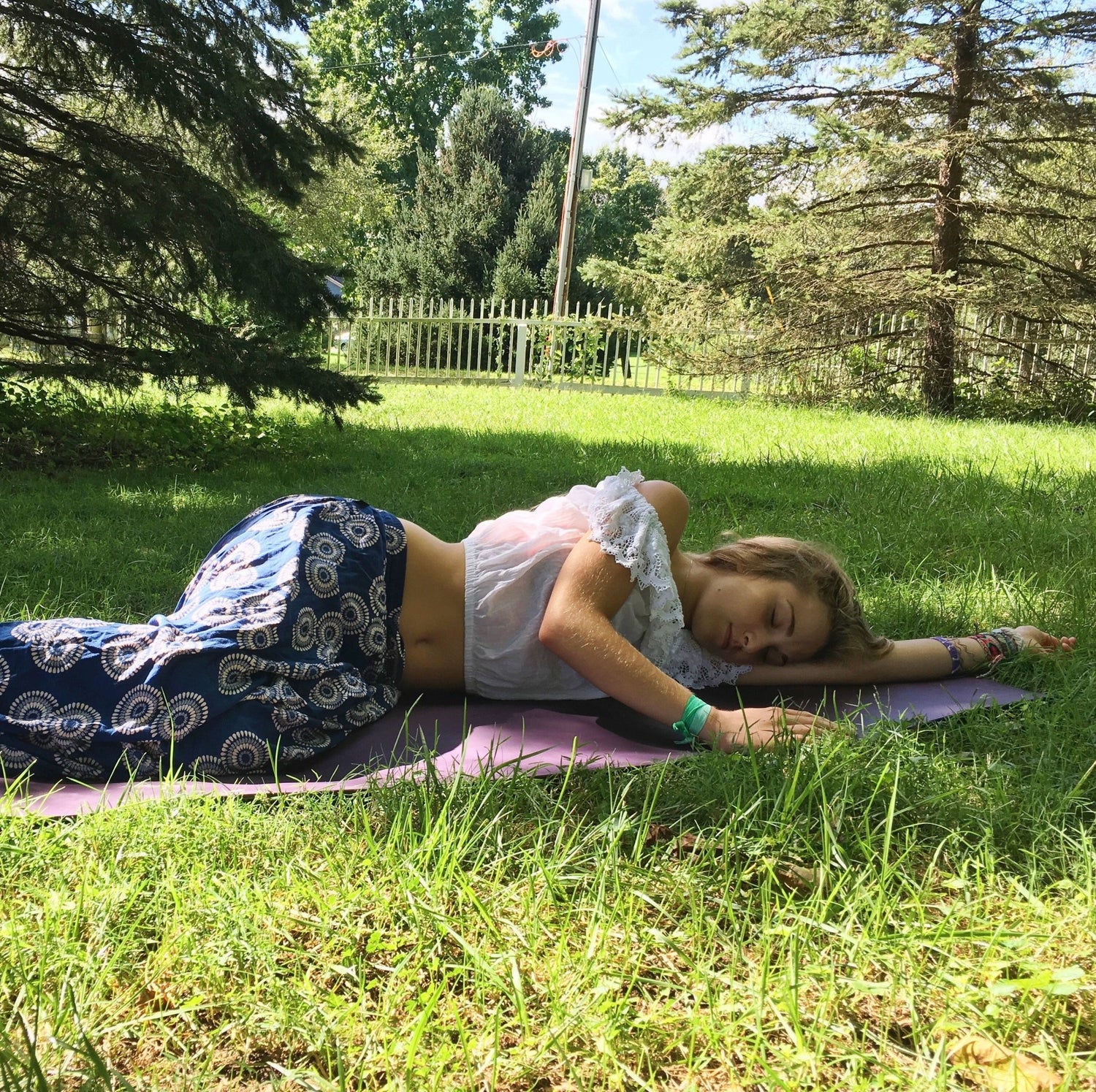I polled coworkers, friends, and family, about how much sleep they normally get in a night, and all responded with some variation of “not enough.” Shakespeare had it right when he said sleep should act as “the death of each day's life, sore labour’s bath, balm of hurt minds, great nature's second course, chief nourisher in life's feast.” But many don’t get the sleep they desperately need because of busy schedules, active minds, or physical ailments. Moms and dads were up during the night because of their children’s needs, coworkers were up early to get to the office on-time, and friends chose late night activities over getting the recommended hours per night. I myself struggle with consistent sleep, I go through bouts of life where I feel exhausted because I pack my days so full. Other times, I organize my schedule differently to allow myself rest. This got me thinking: what is the perfect of sleep?
To my surprise, scientists and doctors believe the “sweet spot” for the average healthy adult is 7 to 8 hours of sleep per night, but that any less or any more, could have lasting harmful effects over time. “Scientists have shown that skimping on a full night's sleep, even by 20 minutes, impairs performance and memory the next day. And getting too much sleep—not just too little of it—is associated with health problems including diabetes, obesity and cardiovascular disease and with higher rates of death.” 1
Of course, no two people are put together the same way, so the needs of individuals vary. Genetics and cultural differences play a huge part in the equation,1 It is important to realize that only you can determine if you’re getting enough sleep. Ask yourself questions like, “is it hard to get out of bed in the morning?” “Does my alertness decrease throughout the day?” and if you answer yes, try adjusting your schedule to allow for more sleep for a 3 to 4 day trial. Chances are, you are lacking 20 minutes to an hour of much needed snooze time. On the other side of the spectrum, research says that any number of hours after the recommended 7 isn’t beneficial. Sleeping 9 to 10 hours a night messes up your circadian rhythm, most commonly referred to as your body clock. Over time this can lead to depression, hypersomnia, and other scary stuff like heart disease. Your body starts to feel permanently “jet lagged”. 2
Sleep is a fundamental part in a person’s overall wellness so take it seriously! Allow your body rest when it needs it, and find motivation to get up out of bed if you feel lethargic.
Here are a couple tips to try if you struggle when it comes to under or over sleeping:
- Don’t use black out curtains; allow the sun to be your natural secondary alarm clock. Our bodies are wired to follow its rays.
- Establish a sleep routine and stick to it- even on weekends. You’ll feel better when Monday comes around.
- Avoid screens and mental stimulation right before bedtime. Try soothing music, a hot bath, or calming yoga to help your body relax before bed.
1. Reddy,Sumathi. “Why Seven Hours of Sleep Might Be Better Than Eight,” The Wall Street Journal, July 21, 2014.
2. Caba, Justin. “Oversleeping Is Just As Bad For You as Not Getting Enough Sleep: How To Find The Happy Medium,” Medical Daily, November 5, 2015






































Leave a comment
This site is protected by hCaptcha and the hCaptcha Privacy Policy and Terms of Service apply.